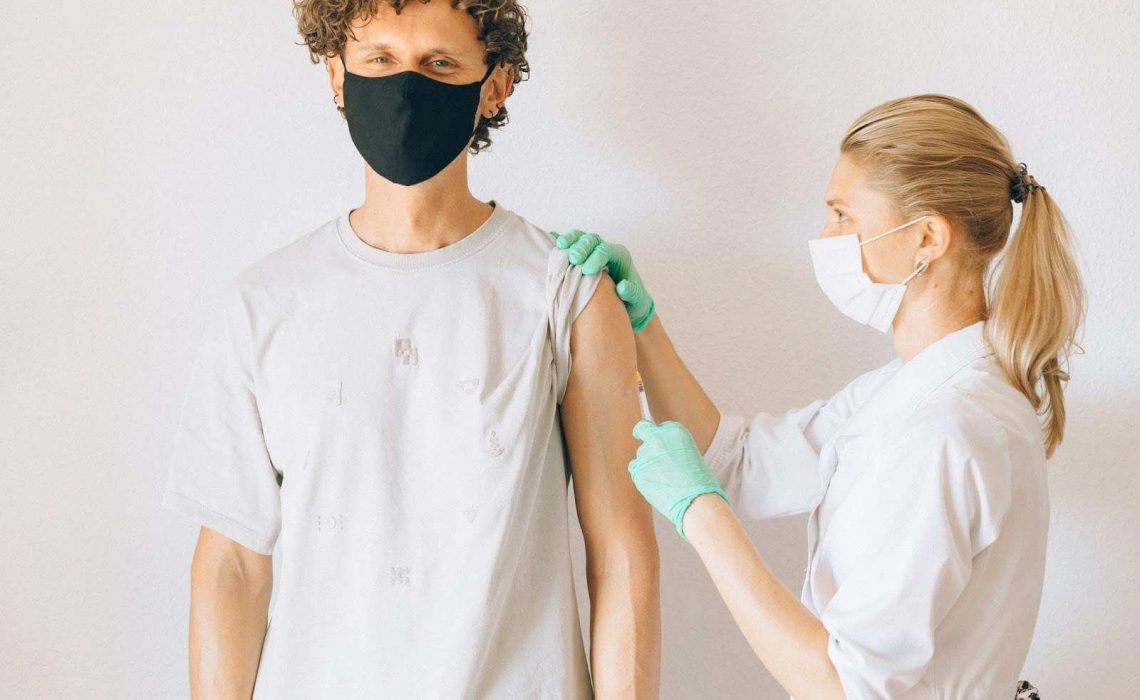The pandemic has left a sour taste in our mouths. Not only have we lost loved ones, but the entire world has suffered mentally, physically, and financially. Though we see silver linings in the form of a global vaccine drive, we are nowhere near in the clear. However, it would be a shame if we didn’t take a minute to talk about how we got this far.
Without the medical health industry, research and funding, and the men and women who dedicated their time and effort to save lives, we wouldn’t be here. We often acknowledge doctors in their fight against COVID-19, but now and then, we tend to forget the role of nurses.
Nurses pulled their weight and more during this time. However, the toll it took on their psychological well-being indeed left a lasting effect. This article will look at how COVID-19 affects nurse’s mental health.
1. Mental exhaustion
There is, was, and will be a considerable increase in cognitive overload in the nursing staff worldwide. With the sheer number of COVID-19 cases coming in, it stands to reason that the nursing staff will have a hard time tending to the sick. Coupled with existing non-COVID-19 patients, things can get pretty hectic in a hospital/healthcare facility.
Furthermore, a large number of medical practitioners continue their education alongside their practice. Therefore, it’s not uncommon for nurses to pursue their dnp (Doctorate in Nursing Practice) in the evening through night school. The good news is that classes can now be attended remotely rather than in person.
Just because the online dnp programs are online doesn’t negate that it still causes a tremendous amount of mental exhaustion. Imagine pulling a double shift and then having to get back to the books at the end of the day.
2. Anxiety
Throughout the pandemic, there was an overarching feeling of anxiety, not just in the general population but also in nurses. Nurses around the world were equally stressed about COVID-19 as anyone else. Coupled with the stress of having to study alongside, nurses’ anxiety levels during this time were through the roof.
Moreover, stress about their shifts, the threat of infection, and the overall theme of uncertainty gripped nurses worldwide. However, they never let the anxiety get the better of them, and they carried on with whatever was needed to be done.
Understanding that anxiety is normal and that the situation generates emotional arousal is a key to understanding the lives that practitioners live. Future medical students must know what they are getting into and what to expect when entering the field.
3. Grief
Human beings have an innate ability to assimilate and create bonds with one another. Medical and therapeutic practice dictates that the patient/ client is made as comfortable as possible with good bedside manners and empathetic practices.
While making the patient as comfortable as possible, it’s common to develop a bond with them. A factor that can be extremely painful when the patient passes away. Just because nurses see death daily doesn’t mean that it doesn’t affect them.
Complicated grief practice and affects the professional several times in their career. Nurses need to see a therapist when they have a chance to deal with their unresolved grief issues. If not dealt with soon, it can leave lasting effects on the individual.
4. Self-doubt in graduate nurses
After graduation, one of the most prevalent mental health issues which nurses face is the imposter syndrome. A case where the individual thinks that they aren’t cut out for the task and may not be good enough to manage the job’s responsibilities, especially with COVID-19 as a variable.
With years in nursing school and even more experience during residency, you would assume that this wouldn’t be an issue. However, when people’s lives hang in the balance, a reasonable degree of self-doubt is to be expected.
It takes a while for nurses to start feeling comfortable. They need to learn the ropes and gain hands-on experience to manage their self-doubting tendencies and excel in their field.
5. Trauma

The ER can be a highly stressful part of the hospital. A variety of cases come in every day, and many of them can be pretty… gruesome. Deep wounds, blood, and visible organ damage can take their toll on an individual. The initial sense of shock may turn into trauma after learning about the details of the case.
With the rise in domestic violence and random crime, sometimes knowing the backstory of injuries/ death can aggravate the trauma. Hence, nurses have issues coping and processing some cases that come through the ER every day.
Therapy through traumatic counseling is the best way to overcome the issues. If certain stimuli trigger a nurse, they can’t save people dependent on them to save their lives.
Conclusion
Now that we have reached the end of this article, you should better understand some of the common psychological issues that nurses have gone through during COVID-19. The stark realization of how prevalent these issues are should be a wake-up call for nurses and the general population.
The need for counseling and therapy for medical health workers is higher than ever. Sometimes lending an ear or a shoulder to someone who needs to talk can be a significant game-changer. Reach out and offer your assistance and play a role in helping those who have given so much to society.
- How To Create A Safe And Comfortable Home Environment For In-Home Care In Boca Raton? - July 16, 2024
- 10 Trendy Black Nail Ideas To Elevate Your Nail Game - May 6, 2024
- Getting A Free Divorce In Virginia? Here’s What To Expect - April 24, 2024













No Comments